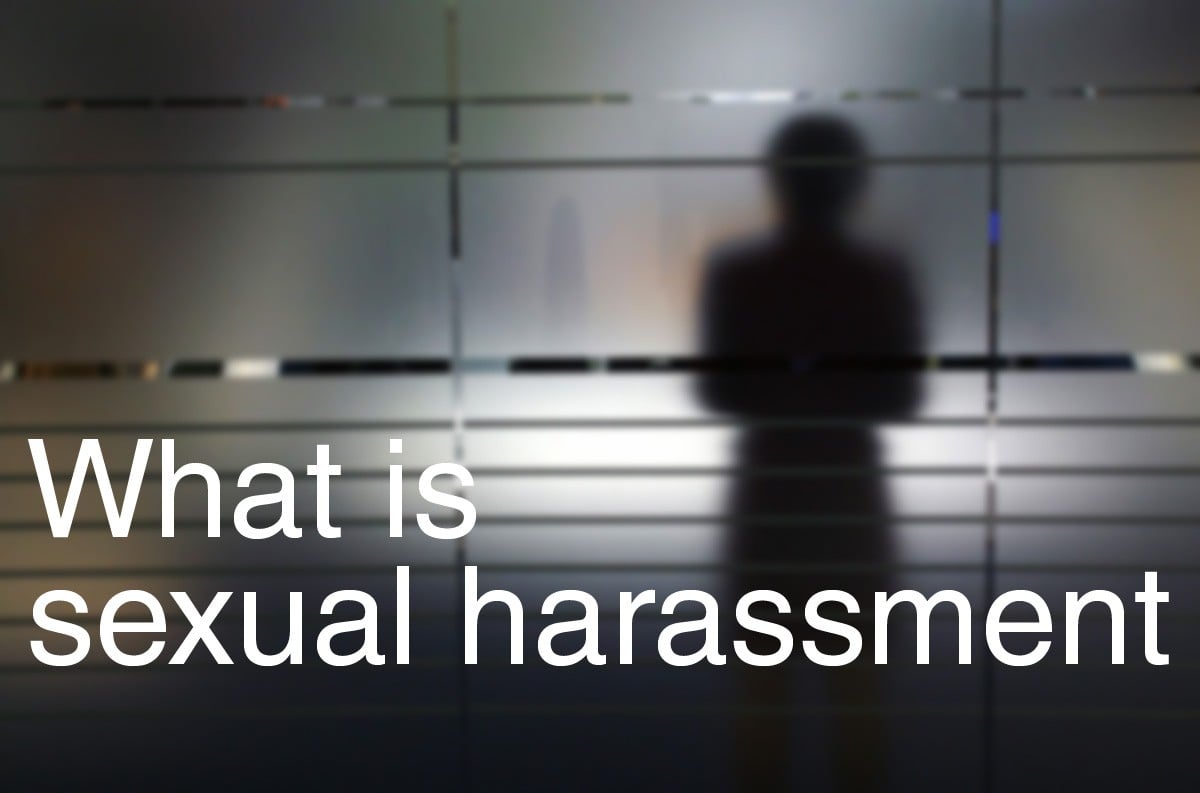

It began with revelations about sexual assaults by Harvey Weinstein, the Hollywood producer, led to a MeToo hashtag campaign on the social media and hasn’t stopped ever since. It is as if floodgates of confessions and allegations have opened and the dreaded word is not so dreaded anymore. Women across the world in huge numbers have found the courage to open their mouths about all or some instances of sexual harassment they had to and still face, at workplace, on the streets and behind the closed doors of their comfortable homes.
This indeed is a historic moment because women who have tolerated it in silence for centuries, as they were always told to, have decided that they won’t. Anymore. Because those who had reported it had to face public shame and isolation. There were laws but nothing much came out of those and harassment continued; if only because the patriarchal system, the associated structural imbalance and power dynamics did not change.
Read also: What is sexual harassment
As the debate on sexual harassment began, some feminists in India thought it fit to name and shame the harassers and that too on the social media, getting the culprits identified by anonymous victims. Others wisely thought this would delegitimise the women’s struggle against harassment and is more likely to lead to a backlash against these women at their workplace. But the fact remains these women were hurt and the systems, or their absence, had failed them.
The very social media which has carried this whole movement forward is ironically a place where women face harassment with impunity. So what are the legal remedies available, for social media, for workplace, for street harassment and the one taking place within the confines of family. In Pakistan’s case, the laws, including the ‘Protection against Harassment of Women at the Workplace Act’ 2010 have their flaws, of definition, structures and implementation.
As the debate on all aspects of a complex but real issue persists, the truth remains that the discourse is mostly falling on deaf male ears. While some women feel that a collective women anger and solidarity will push for change, most men do not recognise the sensitivity and seriousness of the issue.
We need to educate the society on this societal ill that has gone on unchecked for too long. We need to transform mindsets in restoring the dignity of genders and creating an equitable and equal society. We need to do this at all levels but more importantly with our sons and daughters when they are young. The debate has already started. We hope that everyone comes out more educated and sensitised about the issue than before.